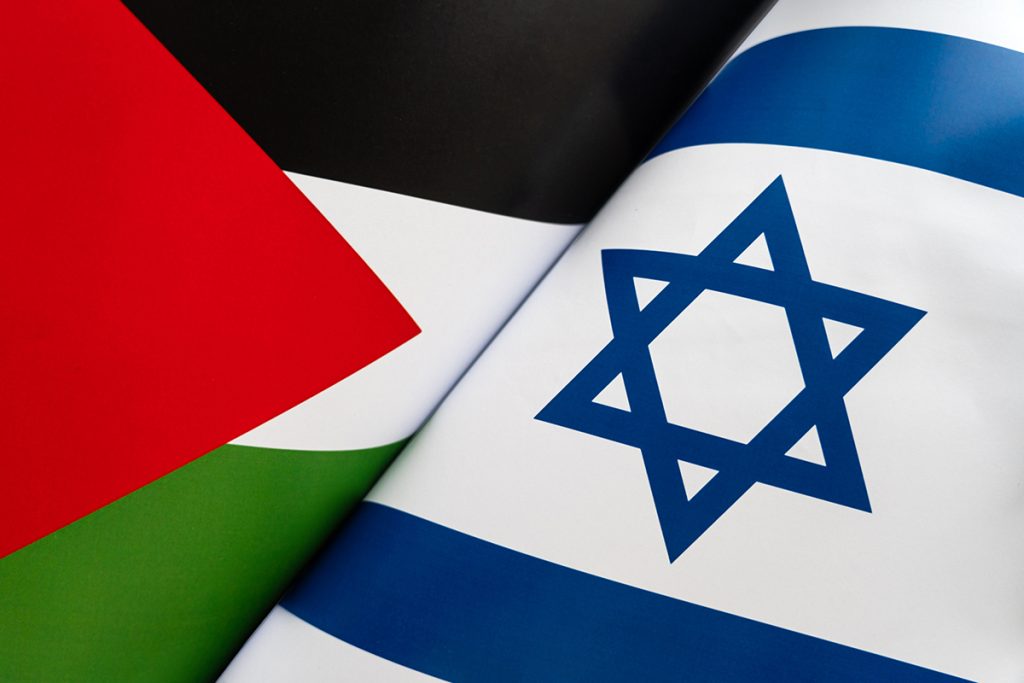Efforts to prevent the ongoing conflict between Israel and Hamas from expanding into a broader regional war have intensified, with significant diplomatic activities taking place in the Middle East. On Friday, British Foreign Secretary David Lammy and French Foreign Minister Stéphane Séjourné visited Israel, seeking to broker a cease-fire agreement between the warring parties. This diplomatic push coincides with ongoing cease-fire talks in Qatar, involving international mediators from the United States, Qatar, and Egypt.
The urgency for a resolution is underscored by the rising death toll in Gaza, where over 40,000 Palestinians have been killed since the conflict began, according to Gaza’s health authorities. The international community remains deeply concerned that the violence could spark retaliatory actions from Iran and Hezbollah militants in Lebanon, both of which have threatened to attack Israel in response to the killings of top militant leaders.
Diplomats believe that a potential deal between Israel and Hamas to halt the fighting, coupled with the release of Israeli hostages held in Gaza, could be the key to de-escalating the situation. British and French diplomats have indicated optimism after discussions with Israeli officials, who hinted that a cease-fire deal might be close.
Meanwhile, Israeli Foreign Minister Israel Katz has made it clear that Israel expects support from its allies if Iran were to attack. Katz has also issued a stern warning to Iran, urging it to cease its support for Hamas, Hezbollah, and other militant groups that have been involved in attacks on Israel since the start of the Gaza conflict. He emphasized the need for the international community to take a firm stance against Iran, which he described as the “head of the axis of evil.”
As the diplomatic efforts continue, the situation remains complex. Cease-fire talks in Qatar entered their second day on Friday, with both Israel and Hamas accused of introducing new demands that have stalled progress. While Hamas did not participate directly in Thursday’s talks, it has accused Israel of reneging on a previous proposal that had international backing. In response, Israel has accused Hamas of making its own new demands, further complicating the negotiations.
U.S. officials have described the talks in Qatar as constructive, though they acknowledge that significant challenges remain. The mediators are working on a three-phase plan:
- The release of the remaining Israeli hostages in exchange for a lasting cease-fire.
- The withdrawal of Israeli forces from Gaza.
- The release of Palestinians imprisoned by Israel.
While both sides have agreed in principle to this plan, disagreements over specific terms have led to delays.
In Lebanon, tensions continue to rise, with Hezbollah releasing a video on Friday that showcased its missile capabilities. The video, which included footage of long-range missiles being transported through underground tunnels, was seen as a direct message to Israel. Hezbollah, which began attacking Israel on October 8, has stated that it will continue its assaults until the Gaza war ends. The group’s missile arsenal, which includes tens of thousands of rockets, poses a significant threat to Israel, with the ability to strike deep within its territory.
As diplomatic efforts persist, the international community remains on edge, hoping that a cease-fire agreement can be reached before the conflict escalates further, potentially drawing in more regional powers and igniting a wider war.


